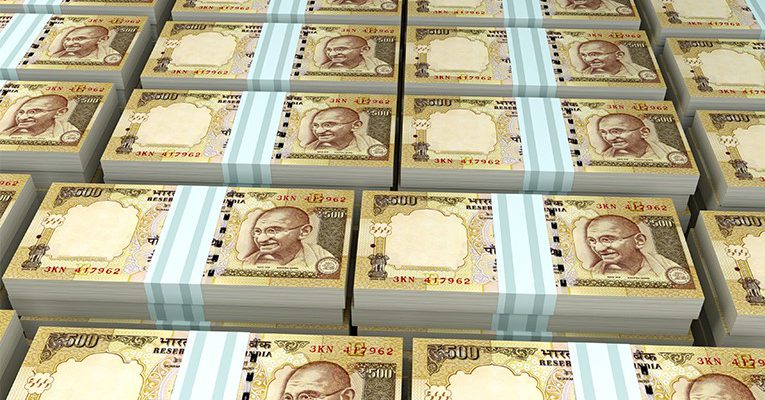As the short-term effects of demonetization continue to play out, investors across India have begun contemplating which long-term moves may be the most beneficial to them. A disruptive event is often a great opportunity to rethink fundamentals, and this case is no different. The present moment is an apt time to evaluate and recalibrate one’s portfolio, especially in terms of property ownership.
It is widely expected that banks, newly flush with enormous deposits of rupees, will lower interest rates—which will in turn increase asset prices, including that of real estate. However, not all property markets are created equal. Neither, for that matter, are all property transactions. A solid grasp of the dynamics in play, including the effects of lower interest rates and reduced black money on the different types of property, will enable the savvy investor to profit from demonetization.
In India’s new-economy urban centers, which see a sturdy trend of white-collar, salaried employees purchasing property with cheques and bank loans, the sudden disappearance of 500- and 1000-rupee notes is unlikely to have a huge impact on real estate practices. In Bangalore, for example, it is estimated that only 5% of transactions for apartments in the mid-range segment of the market involve cash dealings. This is at enormous variance to more traditional cities (such as Mumbai and Delhi) or in the higher end segment of the market (properties exceeding one crore), where cash has passed from one hand to another far more freely. The implication for investors is that cities with a higher rate of new economy jobs are more stable and attractive, especially in the case of mid-range properties. Bangalore, with its sizeable proportion of salaried professionals and mortgage-purchased properties, is the strongest example of such a city, followed by Pune and, to a lesser extent, Chennai. For assets with these favorable locations and price points, investors need not fret about demonetization softening demand—rather, they can expect reduced interest rates to boost demand.
With land transactions, the dynamics are somewhat different. There are scenarios in which land prices will rise and others in which they will fall. Vast parcels of land in and around major urban areas are typically purchased either by developers or by individuals with the deepest of pockets. For buyers accustomed to institutional financing—primarily the more reputable developers—the effect should be minimal; however, other parties, such as individuals with deep pockets who used to deploy cash, will be adversely affected and may temporarily have to sit on the sidelines. Thus, the demonetization is likely to benefit large developers vis-à-vis individual investors or smaller developers. In tier 2 or smaller cities, where there are few purchasers with access to institutional financing, demonetization could reduce property prices since all purchasers are likely to be affected.
Increased taxes and anchoring will add to the dynamic mix of factors affecting real estate after demonetization. The reduction in black money is, in effect, equivalent to an increase in the tax rates since the “tax-free” portion of transactions could diminish. As with any other industry, an increase in tax will work to increase the final price to the end user because sellers are anchored in the after-tax realization that they want. This increase in costs will be passed on to the final buyer in the form of higher property prices, particularly in the markets where demand is not affected by the demonetization.
The consequences of demonetization will create winners and losers in the real estate sector, depending on the property type, location, and price point. Investors should ideally park their money in mid-priced properties in the urban centers of India with the highest percentage of white-collar and new economy buyers. Conversely, investors should avoid properties that may not fare as well: properties in tier 2 cities, assets with high prices, and properties in the more traditional urban centers.
As demonetization creates a new normal in India, those who focus their property investments toward new-economy professionals can expect to come out as winners.
